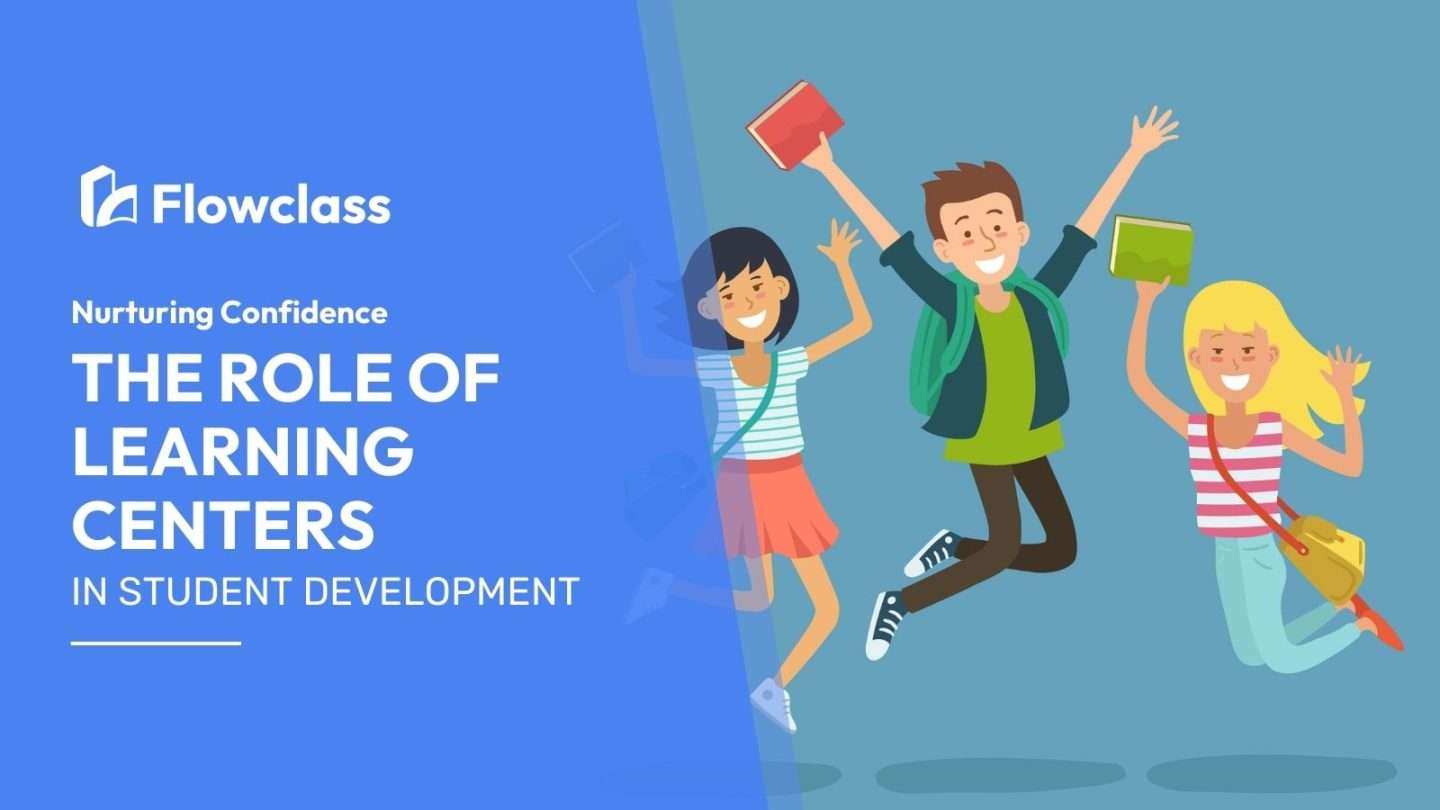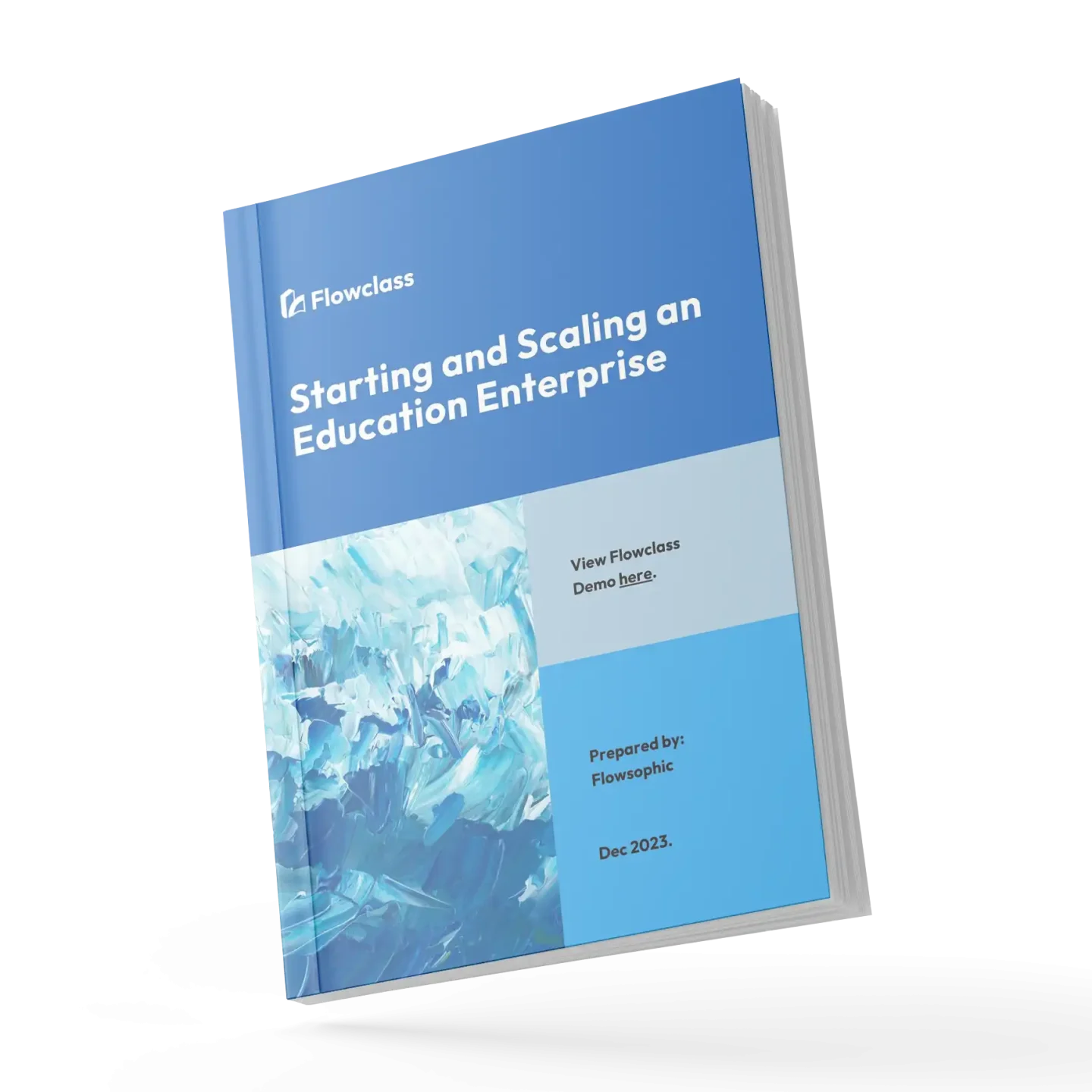The Role of Confidence in Learning
In today’s educational landscape, student confidence building is crucial for academic and personal success. Learning centers play a vital role in this transformation, providing tailored support that empowers students. By fostering a positive learning environment, these centers help students overcome challenges and develop self-assurance.
Confidence is essential for effective learning. When students believe in their abilities, they are more likely to engage actively with the material. Consequently, they take risks, ask questions, and participate in discussions. This active engagement leads to deeper understanding and retention of knowledge. Moreover, enhancing student confidence can significantly impact academic performance. Research shows that students with higher self-esteem perform better in school. They are more motivated to tackle difficult subjects and persist in the face of challenges [1]. Thus, confidence is a key ingredient for success.
Furthermore, confidence influences students’ willingness to seek help. Students who feel secure in their abilities are more likely to approach their teachers or peers for assistance. They understand that asking questions is a part of the learning process. As a result, they gain clarity on challenging concepts, which further enhances their understanding and confidence.
Challenges Students Face in Building Confidence

However, many students struggle with confidence for various reasons. For instance, past academic failures can lead to fear of future challenges. A single poor test score can create a negative self-image that lingers long after the test is over. Additionally, negative feedback from peers or teachers may diminish self-esteem. This can create a cycle where students believe they are incapable of succeeding, leading to further disengagement.
Furthermore, students may compare themselves to others, leading to feelings of inadequacy. This constant comparison can be detrimental to their confidence. For example, a student who excels in sports may overshadow another student who is academically inclined. The latter may feel that their achievements are less valuable, which can stifle their motivation to excel. Consequently, it is essential to address these challenges to help students build a strong sense of self-worth.
Another factor contributing to low confidence is the pressure of high expectations. Many students face immense pressure from parents, teachers, and even themselves to achieve exceptional results. This pressure can lead to anxiety, which further erodes confidence. When students fixate on perfection, they may become paralyzed by fear of failure, resulting in avoidance behavior.
How Learning Centers Support Student Confidence Building

Learning centers offer a supportive environment where students can thrive. They provide resources and personalized attention that cater to individual needs. By focusing on strengths and addressing weaknesses, these centers play a crucial role in boosting confidence. One effective approach is the creation of personalized learning plans (PLPs). These plans outline specific goals and strategies tailored to each student.
By involving students in this process, they take ownership of their learning journey. This ownership fosters a sense of responsibility and boosts confidence. Additionally, PLPs allow educators to track progress and celebrate achievements. Recognizing milestones, no matter how small, reinforces positive behavior. As students see their growth, their confidence naturally increases.
Moreover, learning centers often implement adaptive learning technologies that adjust to students’ individual progress. This technology allows students to work at their own pace, providing them with the opportunity to master concepts without the pressure of competing with their peers. As they gain proficiency, their confidence also improves.
Another essential aspect of student confidence building is the learning environment. Learning centers prioritize creating a safe and welcoming space for students. When students feel comfortable, they are more likely to participate in activities and engage with their peers. Furthermore, a positive environment encourages collaboration. Group activities and peer support can significantly enhance confidence. When students work together, they learn from one another and build a sense of community.
Strategies for Student Confidence Building in Learning Centers
Learning centers employ various strategies to enhance student confidence. Firstly, self-reflection is a powerful tool for student confidence building. Educators can encourage students to assess their strengths and weaknesses. Journals or reflective discussions can facilitate this process. As students identify their progress, they gain a better understanding of their capabilities.
Moreover, constructive feedback is essential for growth. Learning centers emphasize the importance of positive reinforcement. By focusing on what students do well, educators can help them build on their strengths. This approach not only boosts confidence but also motivates students to improve further. Encouraging students to set personal goals and celebrate their achievements can create a positive feedback loop.
Additionally, setting achievable goals is crucial for student confidence building. Learning centers can assist students in establishing realistic objectives. By breaking down larger tasks into smaller, manageable steps, students can experience success more frequently. Each achievement reinforces their belief in their abilities. This incremental approach helps students realize that progress is possible, which in turn builds their confidence.
Furthermore, technology can play a significant role in boosting confidence. Learning centers often use various digital tools to engage students. Interactive platforms and educational games make learning enjoyable. When students enjoy the process, their confidence naturally increases. For example, gamified learning experiences can make challenging subjects more approachable. Students are more likely to take risks in a low-stakes environment, leading to increased confidence as they tackle difficult material.
The Importance of Educators in Student Confidence Building

Educators are instrumental in fostering student confidence. Their approach and attitude can significantly influence how students perceive themselves. Therefore, it is essential for teachers to model confidence and positivity. One critical aspect of this process is building strong relationships. When educators connect with their students, it creates a sense of trust. This trust enables students to feel safe in expressing their thoughts and challenges.
As a result, they are more likely to seek help when needed. Moreover, promoting a growth mindset is vital for student confidence building. Educators can teach students that abilities can be developed through effort and perseverance. By emphasizing the importance of learning from mistakes, students begin to view challenges as opportunities for growth.
Additionally, recognizing and celebrating diverse learning styles contributes to confidence building. Students should feel valued for their unique contributions. By accommodating various learning preferences, educators create an inclusive environment that fosters self-esteem. For example, a student who excels in visual learning may benefit from graphic organizers, while another who thrives in kinesthetic learning may benefit from hands-on activities.
Creating opportunities for students to showcase their strengths can also boost confidence. For instance, learning centers can host talent shows or presentations where students can share their skills. This exposure can help students feel proud of their accomplishments and encourage them to embrace their abilities.
Case Studies on Confidence Building in Learning Centers
Case Study 1: The Impact of Personalized Learning Plans
A study conducted at a community college examined the effects of personalized learning plans on student confidence and academic performance. The researchers implemented PLPs for a group of struggling students in mathematics. Over the course of a semester, students worked closely with advisors to set specific goals and track their progress.
Results showed that students who engaged with their PLPs reported a significant increase in confidence levels. They felt more in control of their learning and were more willing to participate in class discussions. Additionally, their grades improved, with many students passing mathematics courses that they had previously struggled with. This case study highlights the importance of personalized support in fostering student confidence [1].
Case Study 2: Collaborative Learning Environments
Another case study focused on the implementation of collaborative learning environments in a high school learning center. Educators designed group projects that required students to work together to solve complex problems. The goal was to enhance both academic skills and social interactions.
The findings indicated that students who participated in collaborative projects experienced a boost in confidence. They reported feeling more comfortable sharing their ideas and taking risks in their learning. Furthermore, the collaborative nature of the projects fostered a sense of community, which contributed to a positive learning atmosphere. This case study underscores the value of peer support in building confidence [2].
Case Study 3: Technology-Enhanced Learning
A third case study explored the use of technology in a learning center to enhance student confidence. The center integrated gamified learning platforms that allowed students to practice skills in a fun and engaging way. Students could track their progress and earn rewards for completing tasks.
Results showed that students who used the gamified platform reported higher levels of confidence in their abilities. They enjoyed the interactive nature of the learning experience and felt motivated to tackle challenging subjects. This case study demonstrates how technology can play a significant role in boosting student confidence [3].
Statistics on Confidence and Academic Performance
Research has consistently shown a strong correlation between student confidence and academic performance. A meta-analysis conducted by Stankov et al. (2014) found that confidence is one of the best non-cognitive predictors of academic achievement. Students who believe in their abilities are more likely to succeed academically [2].
Additionally, a study by Hwang et al. (2015) revealed that self-efficacy, a key component of confidence, is positively associated with academic achievement. The researchers found that students with higher self-efficacy were more likely to set challenging goals and persist in the face of difficulties [3].
Furthermore, a survey conducted by the National Center for Education Statistics (NCES) indicated that students who reported higher levels of confidence in their academic abilities were more likely to engage in extracurricular activities and seek help when needed. This engagement further contributes to their overall academic success [1].
Tips for Students to Enhance Their Own Confidence

While learning centers provide valuable support, students can also take proactive steps to enhance their confidence. Here are some practical tips:
- Practice Self-Compassion: Accepting imperfections and understanding that everyone makes mistakes is crucial. By treating themselves kindly, students can foster a healthier self-image.
- Seek Feedback and Support: Open communication helps students identify areas for improvement and reinforces their strengths. Actively participating in study groups or peer tutoring can enhance understanding and foster a sense of community.
- Participate in Extracurricular Activities: Engaging in interests outside of academics provides opportunities for personal growth and social interaction. Whether it’s sports, arts, or clubs, these activities can help students discover new skills and passions.
- Set Personal Challenges: Gradually facing fears can lead to growth and confidence. For example, a student might start by speaking up once in a class discussion and gradually work toward leading a group project.
- Reflect on Achievements: Keeping a journal to track accomplishments can help students recognize their progress and build confidence over time.
Conclusion: Embracing the Power of Student Confidence Building
In conclusion, student confidence building is essential for academic and personal success. Learning centers play a pivotal role in this transformation, offering personalized support and a positive environment. By implementing effective strategies, educators can empower students to overcome challenges and develop self-assurance.
Ultimately, fostering confidence in students leads to a more enriching educational experience. As students believe in their abilities, they are more likely to engage, take risks, and achieve their goals. Embracing the transformative power of confidence will pave the way for future success, both in and out of the classroom.
As we continue to recognize the importance of confidence in education, it is essential to advocate for resources and support systems that facilitate this growth. By investing in learning centers and promoting confidence-building practices, we can create an educational landscape where every student feels empowered to succeed. The journey of confidence building is ongoing, but with the right support, every student has the potential to thrive.
Sources
Learn more:


